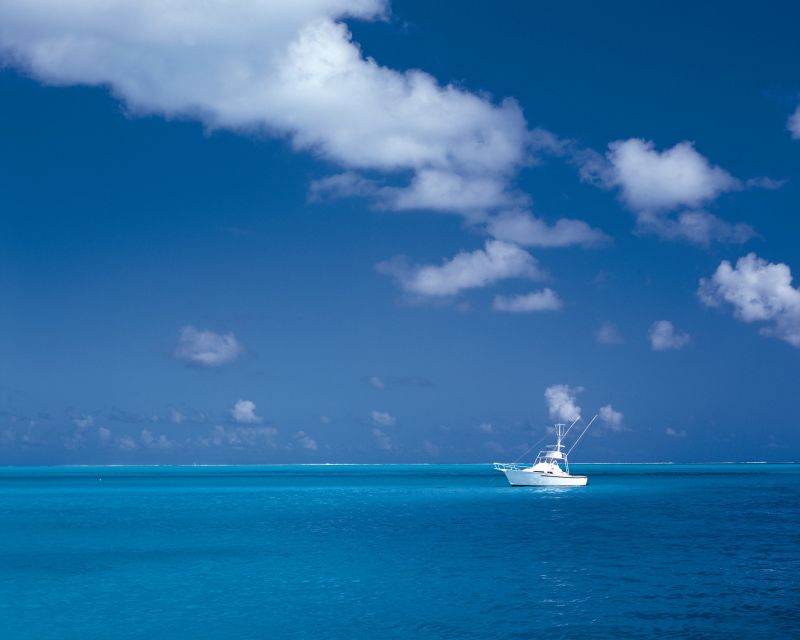volcano
英 [vɒl'keɪnəʊ]
美 [vɑl'keno]
CET4 TEM4 IELTS 考 研 TOEFL CET6
1. Vulcan ‐> Volcano.
2. 音似“我靠~No!”——火山爆发了,你边跑边喊“我靠~No!”;从词源角度,“cano” 似“cannon-大炮”,“火山”像一个“大炮”
volcano 火山来自拉丁语Vulcanus,罗马火与锻造之神,引申义火山。
- volcano
- volcano: [17] Volcanoes get their name from Vulcan, the Roman god of fire. His name in Latin was Volcānus, and it was the Italian descendant of this, volcano, that was originally adapted as a term for ‘fire-emitting mountain’. English borrowed the word from Italian. Also commemorating Vulcan is the vulcanization [19] of rubber. The term appears to have been coined around 1845 by a certain Mr Brockedon, a friend of the English chemist Thomas Hancock (1786–1865), an early pioneer of the process. Latin Volcānus itself may be related to Cretan Welkhanoc, which came from Hittite Valhannasses.
=> vulcanization - volcano (n.)
- 1610s, from Italian vulcano "burning mountain," from Latin Vulcanus "Vulcan," Roman god of fire, also "fire, flames, volcano" (see Vulcan). The name was first applied to Mt. Etna by the Romans, who believed it was the forge of Vulcan. Earlier form in English was volcan (1570s), from French.
- 1. He says it's like a volcano ready to erupt.
- 他说这就像一座即将喷发的火山。
来自柯林斯例句
- 2. The volcano erupted last year killing about 600 people.
- 去年那座火山喷发致使约600人遇难。
来自柯林斯例句
- 3. Rainfall had dislodged debris from the slopes of the volcano.
- 雨水冲走了火山坡面上的岩屑。
来自柯林斯例句
- 4. The volcano spewed out more scorching volcanic ashes, gases and rocks.
- 火山喷出更多灼热的火山灰、气体和岩块。
来自柯林斯例句
- 5. The volcano threw new showers of magma and ash into the air.
- 火山又向空中喷出了岩浆和火山灰。
来自柯林斯例句
